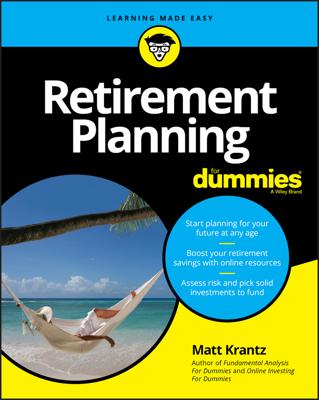Don't be surprised if you recognize signs of age discrimination as you look for work after you've retired. You do have protections under the Age Discrimination in Employment Act (ADEA), but they can be difficult to enforce.
The ADEA states that there must be a lawful reason that is not connected to age when making employment decisions. You fall under the aegis of the ADEA if you are age 40 or over and you are applying for, or working in, a company with at least 20 employees. Sometimes age can be a factor in hiring. For example, if a director needs a teen to play a particular role in a play, he can decide not to hire a person over 40.
Even if you are applying for a job in a company with fewer than 20 employees, you may have some age discrimination protections in your state. Many states do have laws that protect against age discrimination that cover smaller companies.
The ADEA makes it unlawful for job ads or other materials to mention age requirements or state that a certain age is preferred, unless of course it falls under an exception, such as the need for a teen to play a particular part in a play. Also, a company cannot set age limits for training it offers. Age can't be a factor in hiring decisions, when making decisions about promotions, or when deciding who to lay off.
ADEA also protects you from being forced to retire at a certain age, but there are exceptions for certain types of position. For example, many times people who work in public safety positions are encouraged to retire at a younger age.
If you do file a complaint with the Equal Employment Opportunity Commission, the company can't take action against you if you are still working for them, but you may find that information about your claim gets passed quietly among other business managers in your area.

